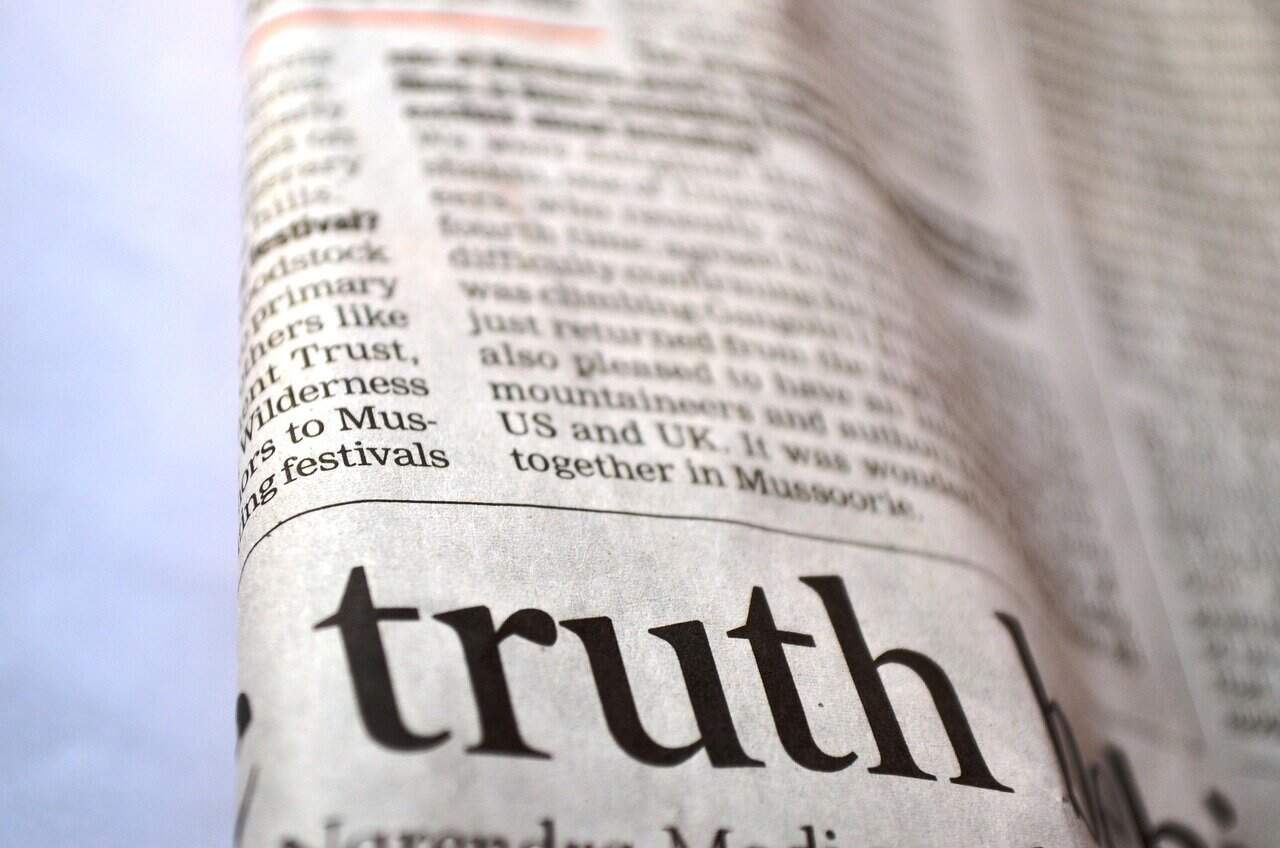Every May 30, Costa Rica marks National Journalists’ Day, a time to honor the vital role journalists play in upholding democracy. Established in 2010 by then-President Óscar Arias, the day commemorates the tragic La Penca bombing of 1984, where three journalists, including Tico Times reporter Linda Frazier, lost their lives.
This year, the celebration unfolds against a backdrop of growing tensions between President Rodrigo Chaves and the press, raising concerns about the state of journalism in a country long seen as a beacon of press freedom. The La Penca bombing remains a haunting reminder of the dangers journalists face. On May 30, 1984, Nicaraguan rebel leader Edén Pastora, who led the Democratic Revolutionary Alliance against the Sandinista government, called a press conference in a jungle camp near Costa Rica’s border.
Linda Frazier, a 38-year-old Tico Times reporter known for her sharp reporting, was among the journalists present. A bomb, hidden in a camera case by a man posing as a Danish photojournalist, exploded, killing seven people, including Frazier and Costa Rican journalists Jorge Quirós and Evelio Sequeira.
Twenty-one others were injured, some severely. Here at the Tico Times, we call it our “darkest hour.” Investigations pointed to an Argentine leftist, Vital Roberto Gaguine, as the bomber, but tampered evidence and jurisdictional issues left the case unresolved.
Costa Rica has long prided itself on a free press, with journalists exposing corruption and informing the public. But recent years have brought challenges. Since taking office in 2022, President Rodrigo Chaves has clashed with the media, calling journalists “political hitmen” and dismissing critical reports.
His administration has limited access for some outlets at press conferences, leading publications to stop attending due to harassment. In 2023, the Constitutional Chamber ruled that Chaves violated press freedom through verbal attacks on local news outlets. Earlier this year, two journalists faced controversy after Chaves filed a complaint over their sharing of his phone number, sparking debate over privacy and press rights.
The Association of Journalists and Professionals in Communication Sciences of Costa Rica (COLPER) has been vocal about these issues. They warn that political attacks aim to undermine journalism to boost government propaganda. COLPER criticized state officials for manipulating public communication and sidelining professional reporting.
They’ve urged the state, media, and employers to protect press freedom and support ethical journalism. International groups share these concerns. Reporters Without Borders noted Costa Rica’s drop from 8th in 2022 to 36th in 2025 on the World Press Freedom Index, citing Chaves’ rhetoric and intimidation of journalists. A 2025 Inter-American Commission on Human Rights report documented three attacks on journalists at the Presidential House in 2024, including a July incident where officials blocked reporters from working.
Despite these pressures, Costa Rican journalists remain steadfast. Their work has uncovered corruption, environmental issues, and human rights abuses. One local Spanish paper made headlines earlier this year with a front-page reading “Everything is fine,” a subtle jab at government pressure. COLPER emphasizes that supporting ethical journalism is key to preserving democracy, especially as the 2026 presidential election looms, potentially escalating tensions.
National Journalists’ Day serves as a call to action. The La Penca bombing showed the physical risks journalists face; today’s challenges—verbal attacks, intimidation, and self-censorship—demand equal resolve. The public can help by supporting independent local news outlets and advocating for a free press. As we reflect on Linda Frazier’s sacrifice and the resilience of journalists, the fight for truth remains as crucial as ever.
For more on the La Penca bombing, read the article we wrote: La Penca: The Tico Times’ Darkest Hour.









